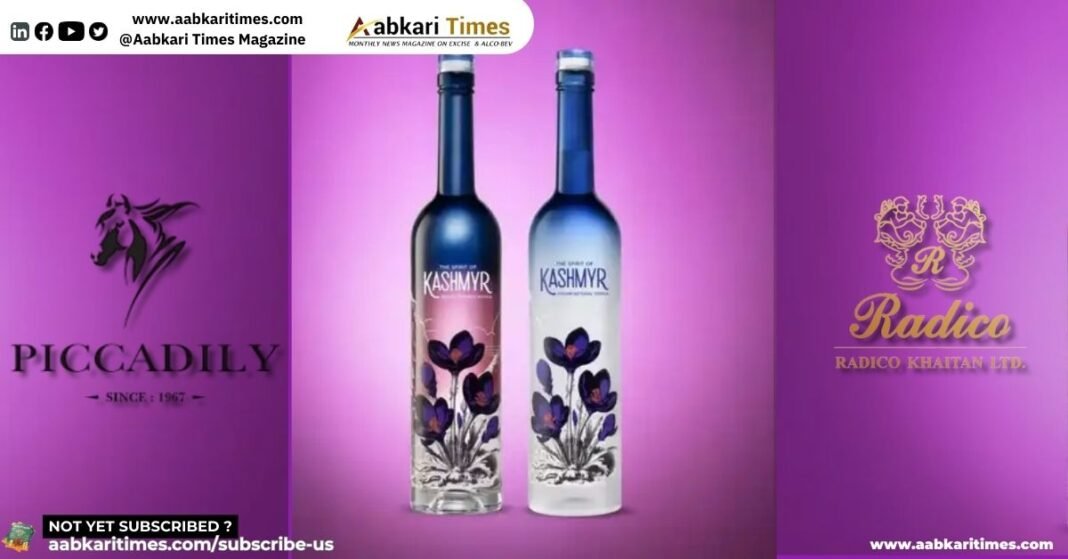India’s whisky industry is on the rise, with homegrown brands like Kadamba single malt gaining international recognition and medals. Despite challenges like U.S. President Donald Trump’s decision to double tariffs on Indian imports, experts believe India’s whisky story is strong enough to grow globally while also strengthening the domestic economy.
Whisky Growth Supporting Farmers
Single malt whisky requires malted barley, and as demand for Indian single malts grows, so does the demand for barley produced by Indian farmers. This creates a stronger agricultural supply chain and indirectly supports rural livelihoods.
Kadamba, produced by the Cheers Group—a company valued at ₹950 crores with over 250 international awards—has already bagged several gold medals worldwide. The brand takes its name from the Kadamba dynasty that once ruled Goa, carrying forward the legacy of what was known as the “Golden Age of Goa.”
Global Markets Beyond the U.S.
While the U.S. is an important market, it is not the only one. Europe, East Asia, and Southeast Asia also present significant opportunities. With Trump’s tariff hike of up to 50% on Indian imports (effective from August 27), Indian whisky makers are now focusing on market diversification.
A National Pride Movement
Dr. Mohan Krishna Balivada, founder of Cheers Group and the world’s first doctorate in alco-bev marketing, believes that just as Scotch is Scotland’s national drink, Indian single malts can become India’s national drink and symbol of pride. He emphasizes that these whiskies not only support farmers but also boost exports and strengthen the economy.
His son, Ashwin Balivada, CEO of Cheers Group and a Cambridge-trained business leader, adds that while tariffs may slow down expansion in the U.S., premium Indian single malts have the resilience to survive. Innovation, brand building, and global positioning are the way forward.
Push for Self-Reliance and Swadeshi
Dr. Balivada stresses that India must embrace “Vocal for Local” by promoting clear “Made in India” labels to build consumer trust and pride. He suggests that self-reliance should come naturally through dignity and visibility of Indian products rather than being imposed.
He further recommends that the government bring the alco-bev industry under the GST framework, which would allow companies to claim input tax credit on raw materials. Currently, the inability to offset GST increases production costs, making it harder for Indian spirits to compete globally.
The Bottom Line
India is already the world’s largest consumer and producer of whisky. With the rise of brands like Kadamba, Indian single malts have the potential to take on global competition, create new export opportunities, and stand tall as a symbol of national pride—even in the face of foreign tariffs and trade pressures.









